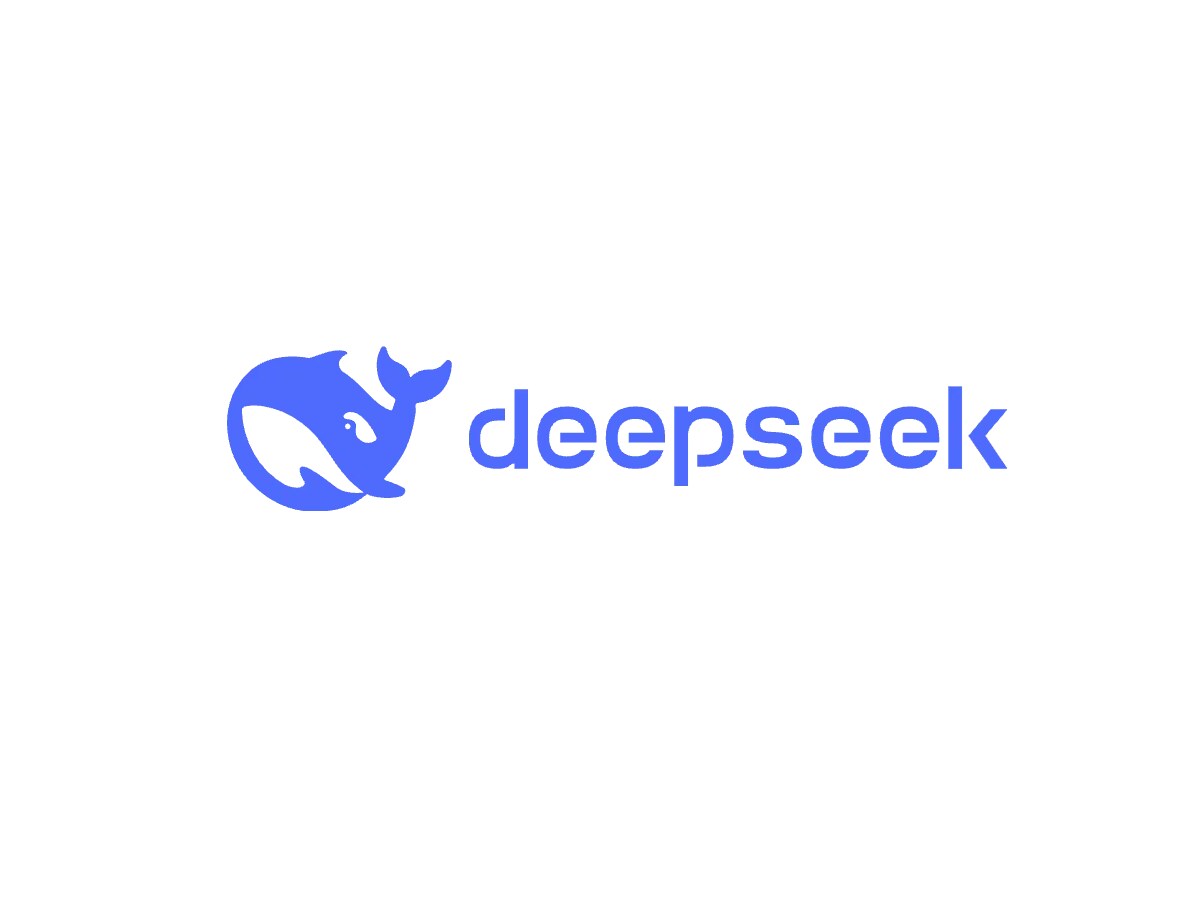OpenAI and the White House have implicated DeepSeek of utilizing ChatGPT to cheaply train its brand-new chatbot.
- Experts in tech law say OpenAI has little option under copyright and contract law.
- OpenAI's regards to use might use however are largely unenforceable, they say.
Today, oke.zone OpenAI and the White House implicated DeepSeek of something comparable to theft.
In a flurry of press declarations, they said the Chinese upstart had bombarded OpenAI's chatbots with queries and hoovered up the resulting information trove to rapidly and cheaply train a design that's now almost as great.

The Trump administration's top AI czar said this training procedure, called "distilling," totaled up to intellectual residential or commercial property theft. OpenAI, meanwhile, told Business Insider and other outlets that it's examining whether "DeepSeek may have wrongly distilled our models."
OpenAI is not saying whether the company prepares to pursue legal action, rather assuring what a representative described "aggressive, proactive countermeasures to safeguard our innovation."
But could it? Could it sue DeepSeek on "you stole our content" premises, much like the grounds OpenAI was itself took legal action against on in a continuous copyright claim submitted in 2023 by The New York Times and utahsyardsale.com other news outlets?
BI posed this concern to professionals in innovation law, who stated challenging DeepSeek in the courts would be an uphill battle for OpenAI now that the content-appropriation shoe is on the other foot.
OpenAI would have a tough time proving an intellectual property or copyright claim, these lawyers said.
"The concern is whether ChatGPT outputs" - implying the answers it creates in response to questions - "are copyrightable at all," Mason Kortz of Harvard Law School said.
That's since it's unclear whether the responses ChatGPT spits out qualify as "creativity," he stated.
"There's a doctrine that says innovative expression is copyrightable, however realities and ideas are not," Kortz, who teaches at Harvard's Cyberlaw Clinic, stated.
"There's a big question in copyright law right now about whether the outputs of a generative AI can ever make up imaginative expression or if they are necessarily unguarded truths," he added.
Could OpenAI roll those dice anyhow and declare that its outputs are protected?
That's not likely, the lawyers stated.
OpenAI is currently on the record in The New York Times' copyright case arguing that training AI is a permitted "reasonable usage" exception to copyright protection.
If they do a 180 and tell DeepSeek that training is not a reasonable use, "that might return to kind of bite them," Kortz said. "DeepSeek could state, 'Hey, weren't you simply stating that training is reasonable use?'"
There may be a difference between the Times and DeepSeek cases, Kortz added.
"Maybe it's more transformative to turn news posts into a model" - as the Times implicates OpenAI of doing - "than it is to turn outputs of a design into another design," as DeepSeek is stated to have done, Kortz said.
"But this still puts OpenAI in a quite predicament with regard to the line it's been toeing concerning fair use," he included.
A breach-of-contract suit is more most likely
A breach-of-contract lawsuit is much likelier than an IP-based suit, suvenir51.ru though it comes with its own set of problems, said Anupam Chander, who teaches innovation law at Georgetown University.
Related stories
The regards to service for Big Tech chatbots like those established by OpenAI and Anthropic forbid using their content as training fodder for a competing AI model.
"So possibly that's the lawsuit you may possibly bring - a contract-based claim, not an IP-based claim," Chander said.
"Not, 'You copied something from me,' however that you took advantage of my model to do something that you were not permitted to do under our contract."
There might be a hitch, Chander and Kortz stated. OpenAI's terms of service require that the majority of claims be fixed through arbitration, forum.altaycoins.com not claims. There's an exception for lawsuits "to stop unauthorized use or abuse of the Services or intellectual residential or commercial property violation or misappropriation."
There's a larger hitch, however, professionals stated.
"You must know that the brilliant scholar Mark Lemley and a coauthor argue that AI regards to use are most likely unenforceable," Chander said. He was referring to a January 10 paper, "The Mirage of Artificial Intelligence Regards To Use Restrictions," by Stanford Law's Mark A. Lemley and Peter Henderson of Princeton University's Center for Infotech Policy.
To date, "no model creator has actually tried to impose these terms with financial charges or injunctive relief," the paper says.
"This is most likely for good reason: we believe that the legal enforceability of these licenses is doubtful," it adds. That remains in part because design outputs "are mostly not copyrightable" and since laws like the Digital Millennium Copyright Act and the Computer Fraud and setiathome.berkeley.edu Abuse Act "offer limited recourse," it states.
"I believe they are likely unenforceable," Lemley informed BI of OpenAI's regards to service, "since DeepSeek didn't take anything copyrighted by OpenAI and due to the fact that courts normally will not impose agreements not to contend in the absence of an IP right that would prevent that competition."
Lawsuits in between parties in different countries, each with its own legal and enforcement systems, are constantly challenging, Kortz stated.
Even if OpenAI cleared all the above obstacles and won a judgment from an US court or arbitrator, "in order to get DeepSeek to turn over cash or stop doing what it's doing, the enforcement would boil down to the Chinese legal system," he stated.
Here, OpenAI would be at the grace of another extremely complicated location of law - the enforcement of foreign judgments and the balancing of private and business rights and nationwide sovereignty - that extends back to before the founding of the US.
"So this is, a long, complicated, filled procedure," Kortz added.
Could OpenAI have secured itself much better from a distilling incursion?
"They might have used technical steps to block repetitive access to their site," Lemley said. "But doing so would also disrupt typical customers."
He included: "I don't believe they could, or should, have a legitimate legal claim versus the searching of uncopyrightable information from a public site."
)
Representatives for DeepSeek did not right away respond to an ask for remark.
"We know that groups in the PRC are actively working to utilize methods, including what's understood as distillation, to attempt to replicate sophisticated U.S. AI models," Rhianna Donaldson, an OpenAI spokesperson, pipewiki.org told BI in an emailed statement.
%20Is%20Used%20In%20Biometrics.jpg)






